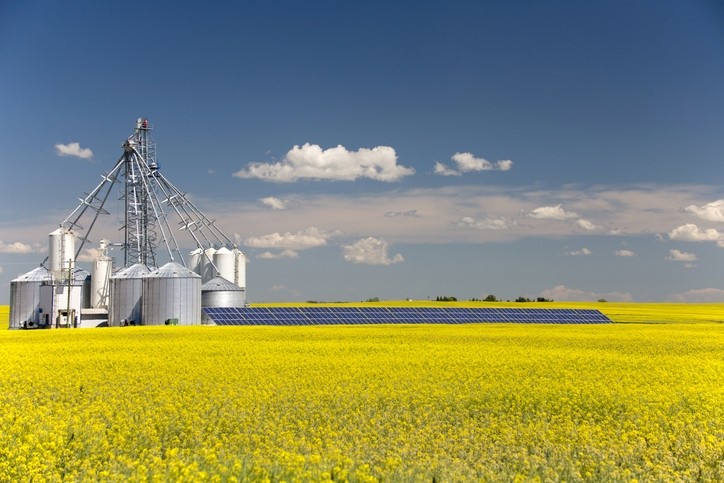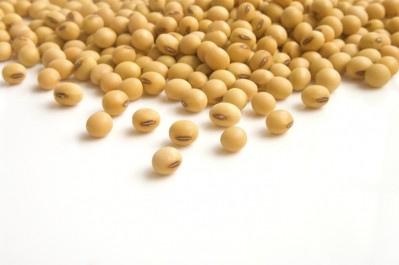Canada optimizing canola production, country sees new facilities and investments

Originally set to cost $350m and be operational by early 2024, the Cargill facility build has faced “many headwinds” but is now anticipated to open in 2025.
Once online, the plant will process one million metric tons of canola annually, producing crude canola oil for food and biofuel markets and canola meal for animal feed, serving both North American and global markets.
Additionally, Cargill has acquired over 400 acres to enhance rail and road infrastructure around the new plant, ensuring efficient market access.
Last year, Louis Dreyfus announced it was expanding its canola processing complex in Yorkton, Saskatchewan, with the goal of reinforcing its capacity to supply food, feed, and energy customers.
Added value canola
These developments align with broader initiatives to enhance the competitiveness and profitability of Canadian canola and sunflower crops.
In March, Protein Industries Canada, alongside Corteva Agriscience, Botaneco, Bunge, Rainfed Foods, and Northeast Nutrition Inc, announced a $31m investment to boost the market for high-protein canola and sunflower protein.
The project focuses on commercializing high-protein canola meal for aquaculture, feed, and food sectors, and improving sunflower protein for plant-based food applications, adding value, and creating new markets for these crops.
Bill Greuel, CEO of Protein Industries Canada, emphasized the importance of deriving full value from every component of the seed to achieve a $25bn industry by 2035. This effort will transform the canola value chain from farmer to end-use, bolstering Canada's position as a competitive player in the global oil market, he believes.
In other canola focused research projects, Bayer Crop Science Canada has partnered with the University of Alberta to research the genetic diversity of that crop. This research aims to increase yields and develop canola lines that are more disease-resistant, which could significantly benefit Canadian farmers.
Antoine Bernet, CEO of Bayer Crop Science Canada, highlighted the importance of supporting research to bolster this critical crop with demand expected to increase over the next decade.













